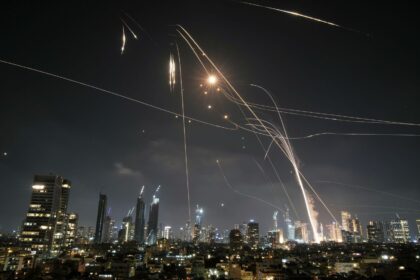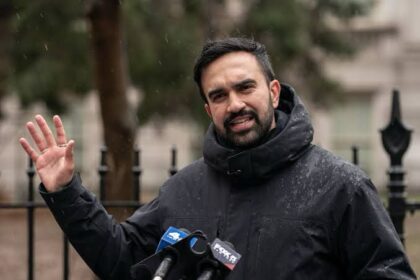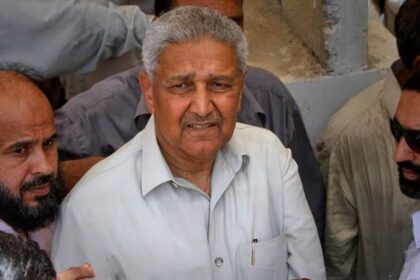As the world reels through multiple crises, Pakistan has called for a new strategy comprising economic and social variables to prevent and resolve conflicts and promote peace.
In New York, Pakistan’s Permanent Representative Ambassador Munir Akram told UN Security Council that there was a need for an integrated strategy, whereby international support can supplement the domestic efforts to resolve conflicts. He said that this strategy must enable states to generate employment opportunities while helping them provide services to their people.
He remarked that violence and terrorism were fueled by exploitation, which is why the strategy must actively strive to end that. Moreover, he told the world body that the international community must support counter-terrorist initiatives under this strategy, and review the sanctions, which only affect the poor.
He pointed out that the legacy of colonialism and the internal struggles of states, coupled with external pressures for their natural resources, lead to the suppression of the people’s right to have their own political and economic systems. Consequently, issues like the Jammu Kashmir and the occupation of Palestine emerge he highlighted.
The ambassador, therefore, called on the international body to play a role in ending Israel’s war in Palestine. Highlighting insufficiencies of the world community, he remarked that the national strategies in action could not address complexities of the crises the world was facing. On the occasion, he said that both endogenous and exogenous factors must be understood to resolve them.
He also discussed Pakistan’s experience in countering terrorism, and said that with Azm-e-Istehkam, the authorities were working with the local communities to eradicate extremism from the society, thus effectively combating terrorism. He stated that Pakistan’s fight against terrorism had been successful because the authorities were aided by the local communities.
ONGOING CRISES
The world is currently facing a number of crises, with varying levels of devastation. The most prominent among them is the conflict in Palestine, wherein thousands of Palestinians have lost their lives in relentless Israeli attacks since October 7, 2023. With casualties mounting in Gaza, there have been increasing calls from the international community for a ceasefire.
While there were prospects of an agreement between both sides a month ago, they dimmed following the assassination of Hamas leader Ismail Haniyeh on July 31. Following his assassination, the United States tried again to broker a deal between the two sides, particularly to secure the release of prisoners, but it was turned down by the Palestinian side. The group accused Israeli Prime Minister Benjamin Netanyahu of creating hurdles in this regard.
Then there is the Kashmir issue, which remains one of the most serious issues, with severe consequences for the region, considering how the issue is a flashpoint between Pakistan and India. Since the revocation of the special status on August 5, 2019, Indian forces have committed endless atrocities against the Kashmiri people. There are concerns, both domestic and from the international community, that India is aiming for a demographic change in the disputed territory and the annexation of the territory is the first step in this regard.
Moreover, the Russia-Ukraine conflict has been going on for two years now, with casualties continuing to increase. Both the sides are actively confronting each other, and so far, the international community has failed to bring the conflict to an end. While these conflicts continue, there are fears that they might lead to another global war. Therefore, a new strategy to resolve international conflicts is something the global community would certainly need.












